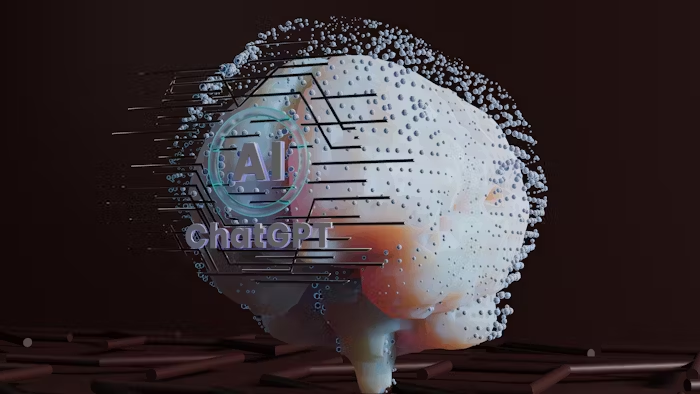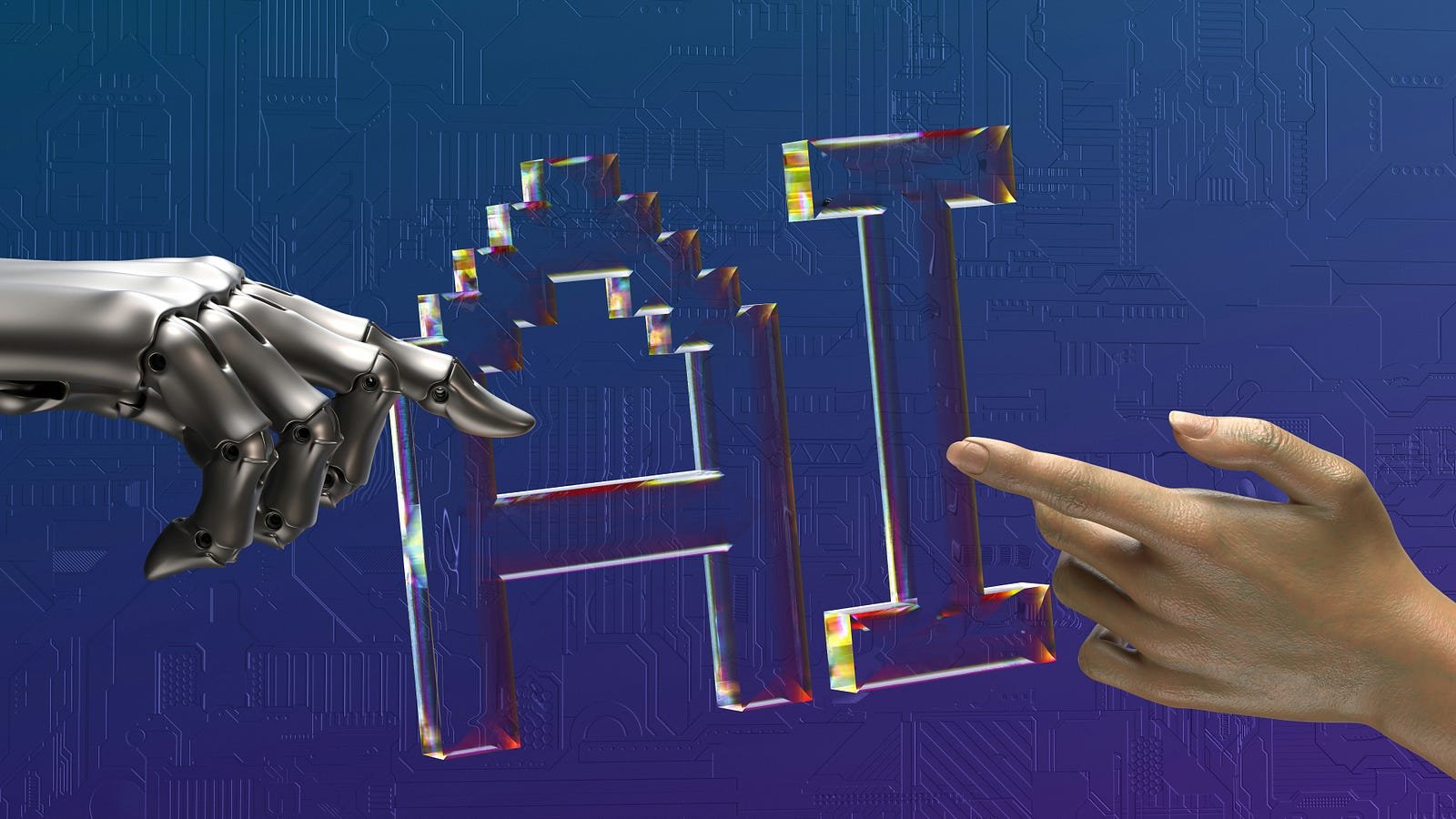In an age defined by an endless stream of information, opinions, and rapid technological change, critical thinking has emerged as one of the most vital skills for individuals, organizations, and societies. Far beyond mere academic exercises, critical thinking empowers us to discern fact from fiction, make informed decisions under pressure, and collaborate effectively in diverse environments. As misinformation spreads at lightning speed and complex global challenges — from climate change to public health crises — demand nuanced responses, the ability to analyze, evaluate, and synthesize information has never been more important. This article explores what critical thinking really means, why it matters now more than ever, how it benefits both personal and professional life, and practical strategies to cultivate stronger critical thinking skills.

Understanding Critical Thinking
Critical thinking is the disciplined process of actively conceptualizing, applying, analyzing, and evaluating information gathered from observation, experience, reflection, reasoning, or communication. It involves:
- Analysis: Breaking down complex information into constituent parts.
- Evaluation: Judging the credibility and relevance of evidence.
- Inference: Drawing logical conclusions based on available data.
- Explanation: Articulating reasoning behind conclusions.
- Self-regulation: Reflecting on one’s own cognitive processes to identify biases.
Unlike rote memorization or passive absorption, critical thinking is an active, deliberate approach that emphasizes curiosity, open-mindedness, and healthy skepticism. In academic contexts, it underpins scientific research and philosophical inquiry. In everyday life, it guides how we interpret news headlines, weigh medical advice, and decide which products or services to trust. Ultimately, critical thinking is the compass that helps us navigate complexity and uncertainty — and avoid the pitfalls of impulsive judgments and groupthink.
Why Critical Thinking Matters in a Digital Age
The proliferation of social media platforms, online news outlets, and user-generated content has democratized information sharing but also amplified the spread of disinformation and “fake news.” Every day, algorithms flood our feeds with sensational headlines designed to maximize clicks, often at the expense of accuracy. In this landscape:
- Cognitive Overload: The average person encounters thousands of tweets, posts, and headlines daily. Critical thinking helps filter noise and focus on credible sources.
- Echo Chambers: Personalized algorithms reinforce existing beliefs. Critical thinkers actively seek diverse perspectives to challenge confirmation bias.
- Deepfakes and Misinformation: Advances in AI make it easier to create realistic but false videos, images, and articles. A skeptical, analytical mindset is the first defense against deception.
Moreover, the “attention economy” thrives on emotion-driven content. Whether you’re deciding which veteran journalist to trust, evaluating conflicting COVID-19 studies, or choosing between competing climate change models, critical thinking equips you to ask the right questions: Who conducted this research? What methods were used? Are there potential conflicts of interest? By interrogating sources and claims, you gain clarity in a digital world built for distraction.
Benefits Across Personal and Professional Life
The impact of critical thinking extends far beyond the realm of news consumption. It offers tangible advantages in every aspect of life:
- Enhanced Decision-Making: From everyday purchases to career moves, critical thinkers weigh pros and cons, anticipate risks, and avoid impulsive choices.
- Improved Problem Solving: Complex problems — whether technical, interpersonal, or logistical — benefit from structured analysis and creative solutions.
- Strong Communication: By organizing thoughts logically and supporting arguments with evidence, critical thinkers persuade more effectively, fostering trust and credibility.
- Leadership and Teamwork: Leaders who cultivate critical thinking in their teams encourage open dialogue, constructive feedback, and agile adaptation to change.
- Lifelong Learning: A critical mindset fuels intellectual curiosity, driving continuous self-improvement and resilience in the face of setbacks.
In the workplace, employers prize critical thinking skills because they lead to innovation, higher productivity, and better risk management. Studies consistently show that teams with strong analytical abilities outperform those that rely on hierarchy or intuition alone. On a personal level, critical thinkers report greater confidence when navigating financial planning, health decisions, and civic responsibilities, contributing to improved well-being and informed citizenship.
Proven Strategies to Enhance Critical Thinking Skills
While some people seem naturally analytical, critical thinking is a skill that anyone can develop through deliberate practice. Here are five actionable strategies:
Ask Probing Questions
- Challenge assumptions by asking “Why?” and “How?” rather than accepting statements at face value.
- Use the “5 Whys” technique to trace problems back to root causes.
Engage in Reflective Journaling
- After making key decisions or encountering new information, write down your reasoning process.
- Identify any cognitive biases — such as anchoring, availability heuristic, or confirmation bias — that may have influenced your judgment.
Practice Active Reading and Listening
- For every article or presentation, summarize the main argument in your own words.
- Note evidence used to support claims and consider alternative interpretations.
Embrace Intellectual Humility
- Recognize the limits of your knowledge and seek out viewpoints that challenge your beliefs.
- Engage in structured debates or join discussion groups where respectful disagreement is encouraged.
Apply Frameworks and Models
- Use decision-making matrices, SWOT analysis, or cost-benefit charts to bring structure to complex problems.
- Adopt the scientific method for hypothesis testing: observe, hypothesize, experiment, and revise.
By integrating these practices into daily routines — whether through reading thought-provoking books, subscribing to reputable podcasts, or collaborating with mentors — individuals can systematically strengthen their capacity for clear, logical thought.
In a world of accelerating change, conflicting narratives, and technological disruption, critical thinking stands as an indispensable skill. It empowers individuals to sift fact from fiction, solve complex problems, and make decisions with confidence. From enhancing personal relationships to driving professional success and safeguarding democratic societies, the benefits of a critical mindset are profound. By embracing curiosity, challenging assumptions, and practicing structured analysis, anyone can cultivate the mental habits that define great thinkers. As we face the challenges of today — and those yet to come — critical thinking will remain our most reliable guide to reasoned, ethical, and impactful action.










